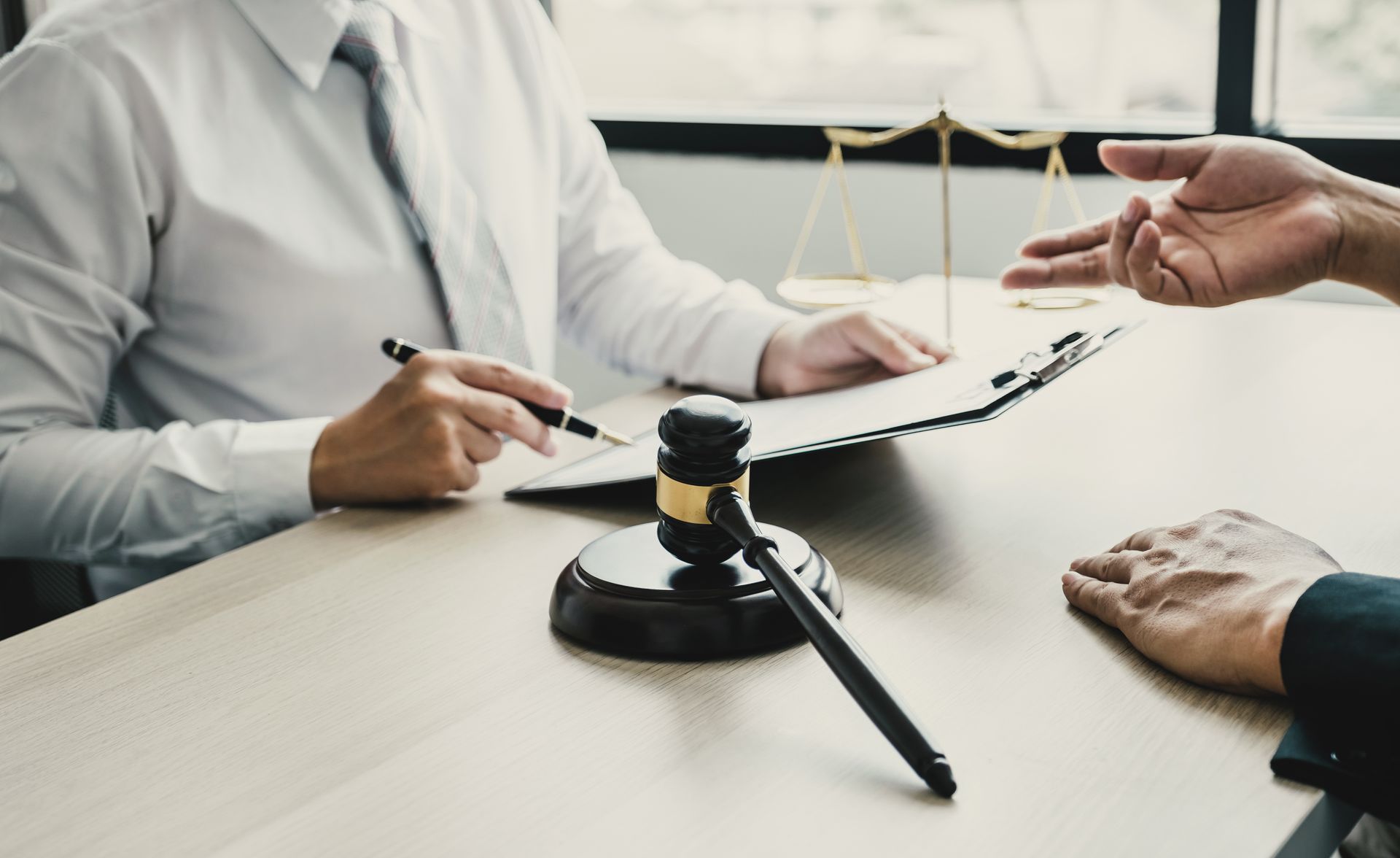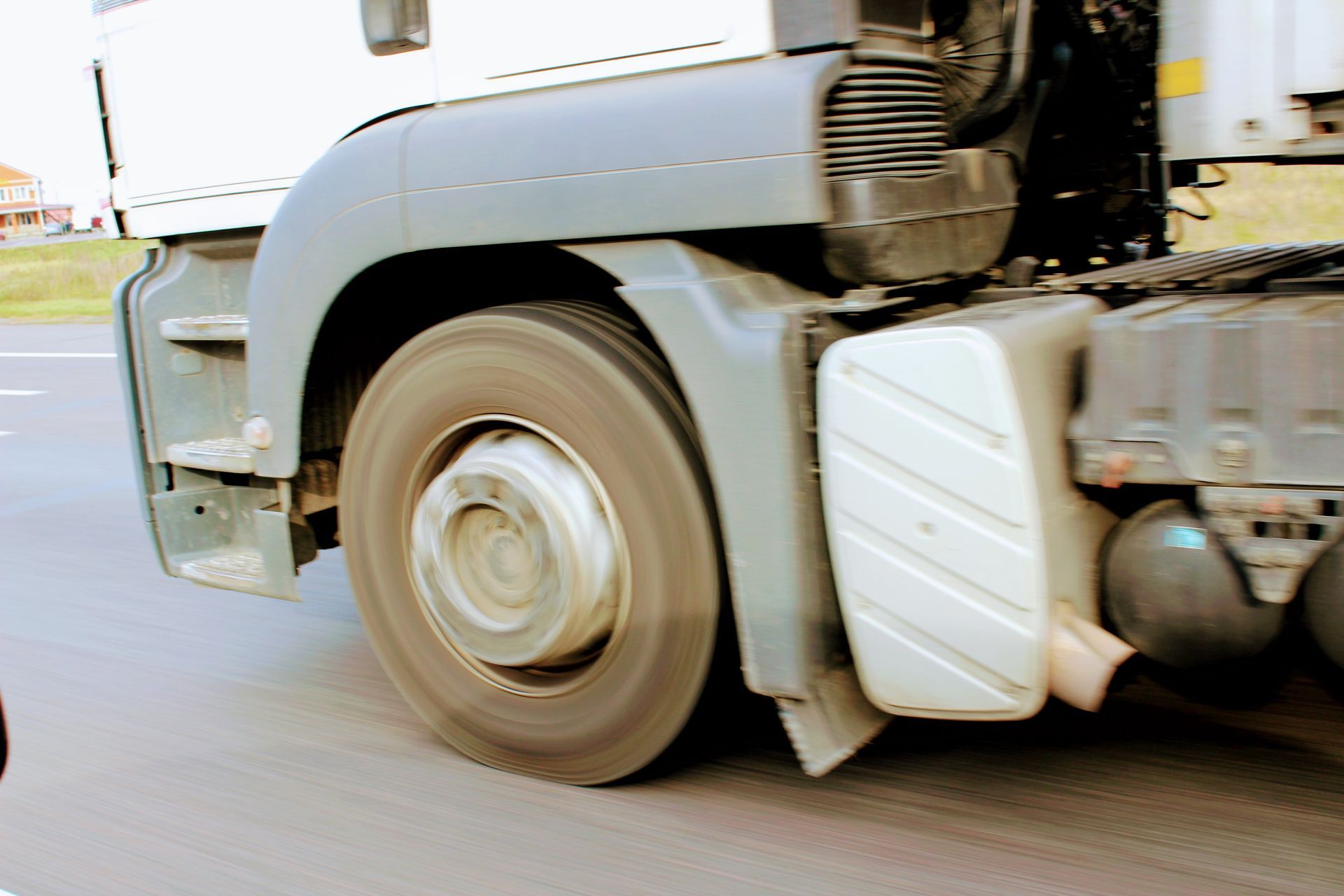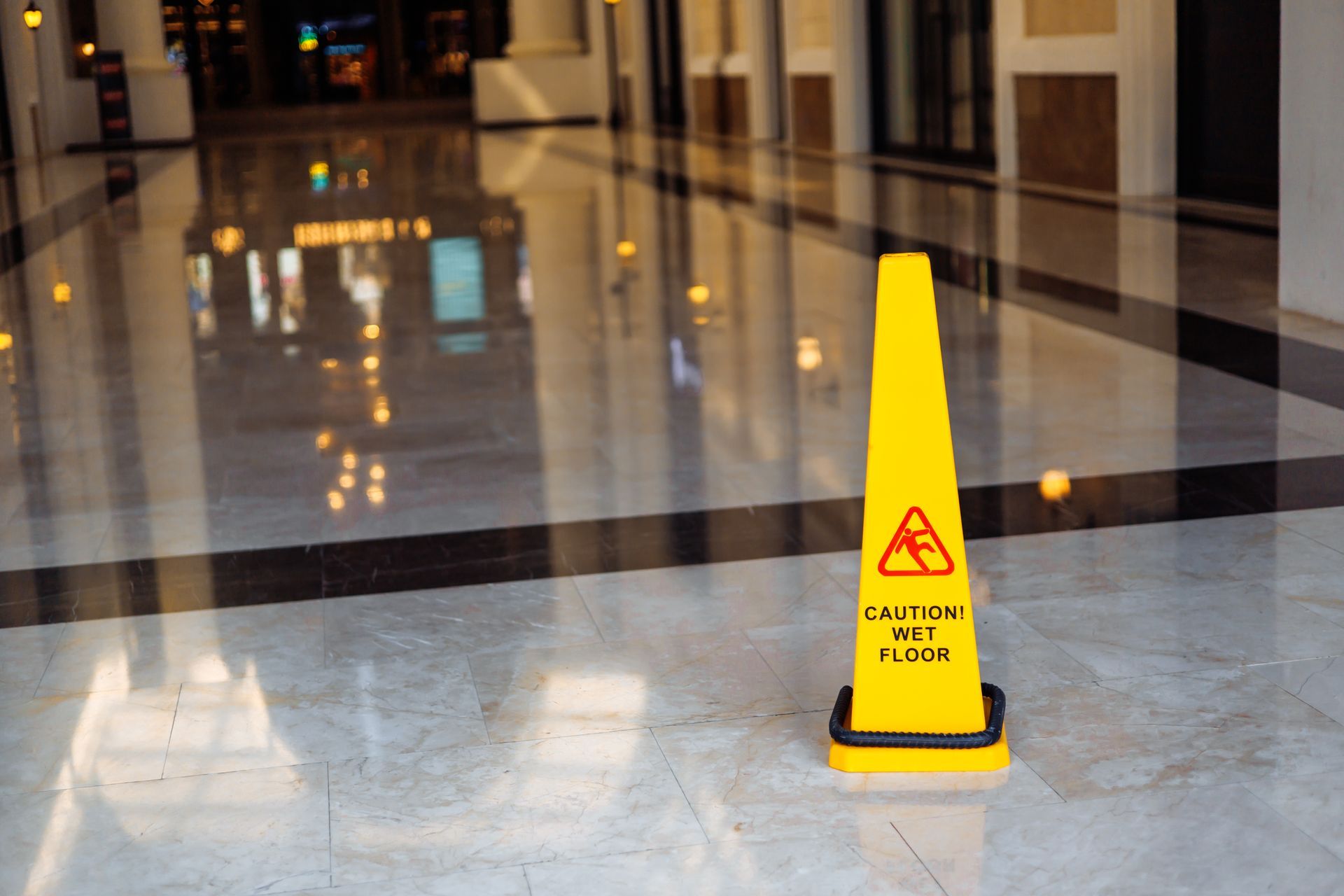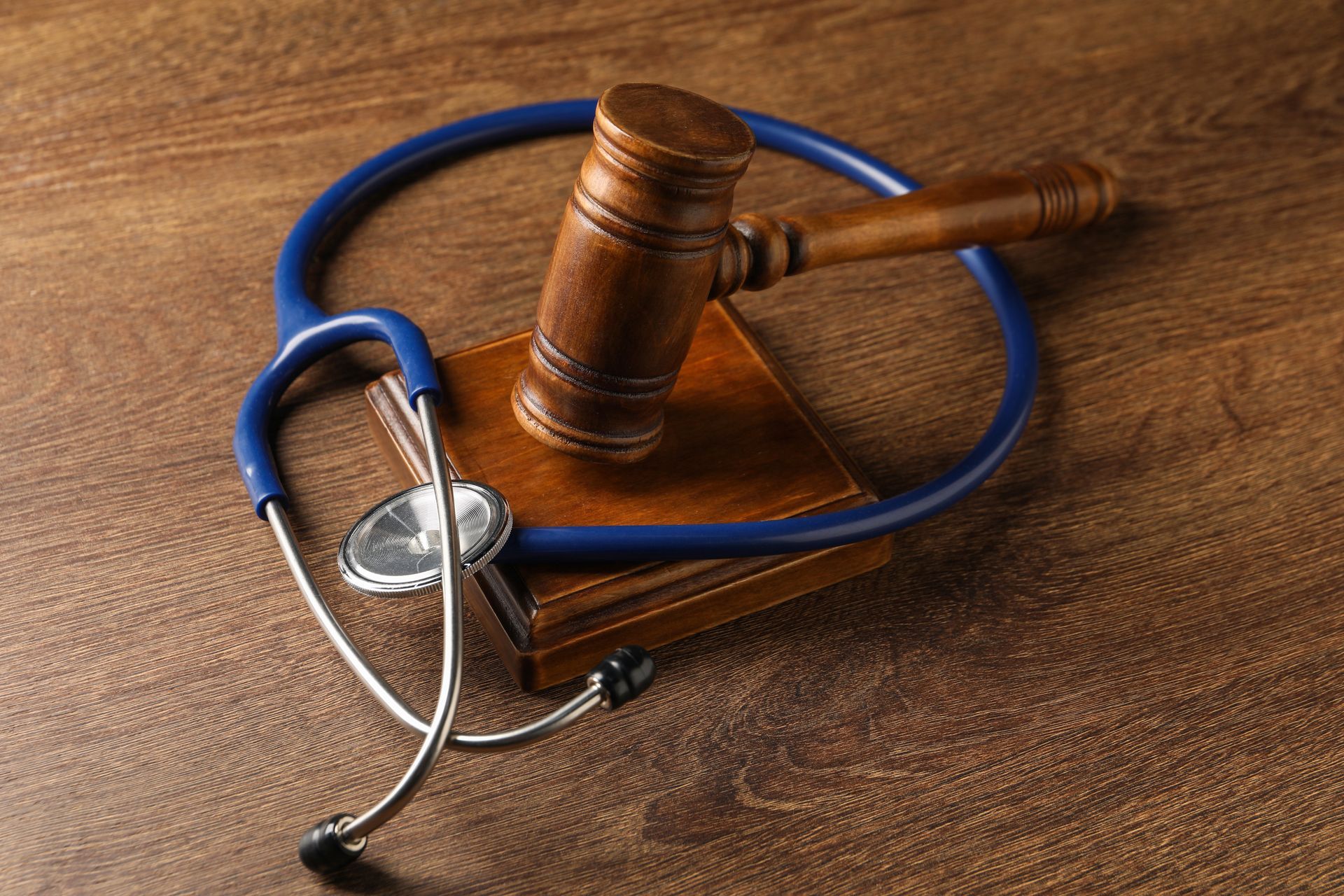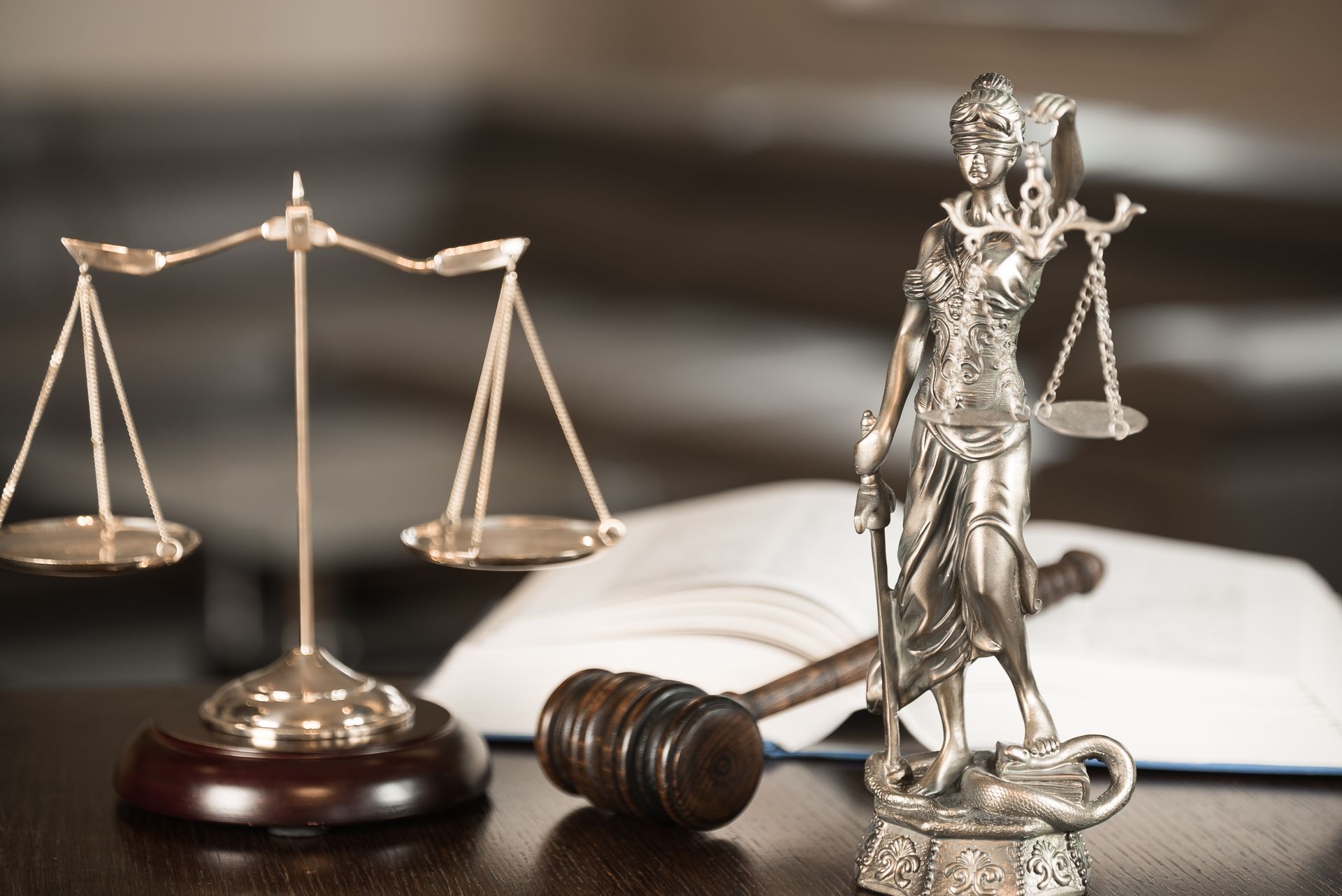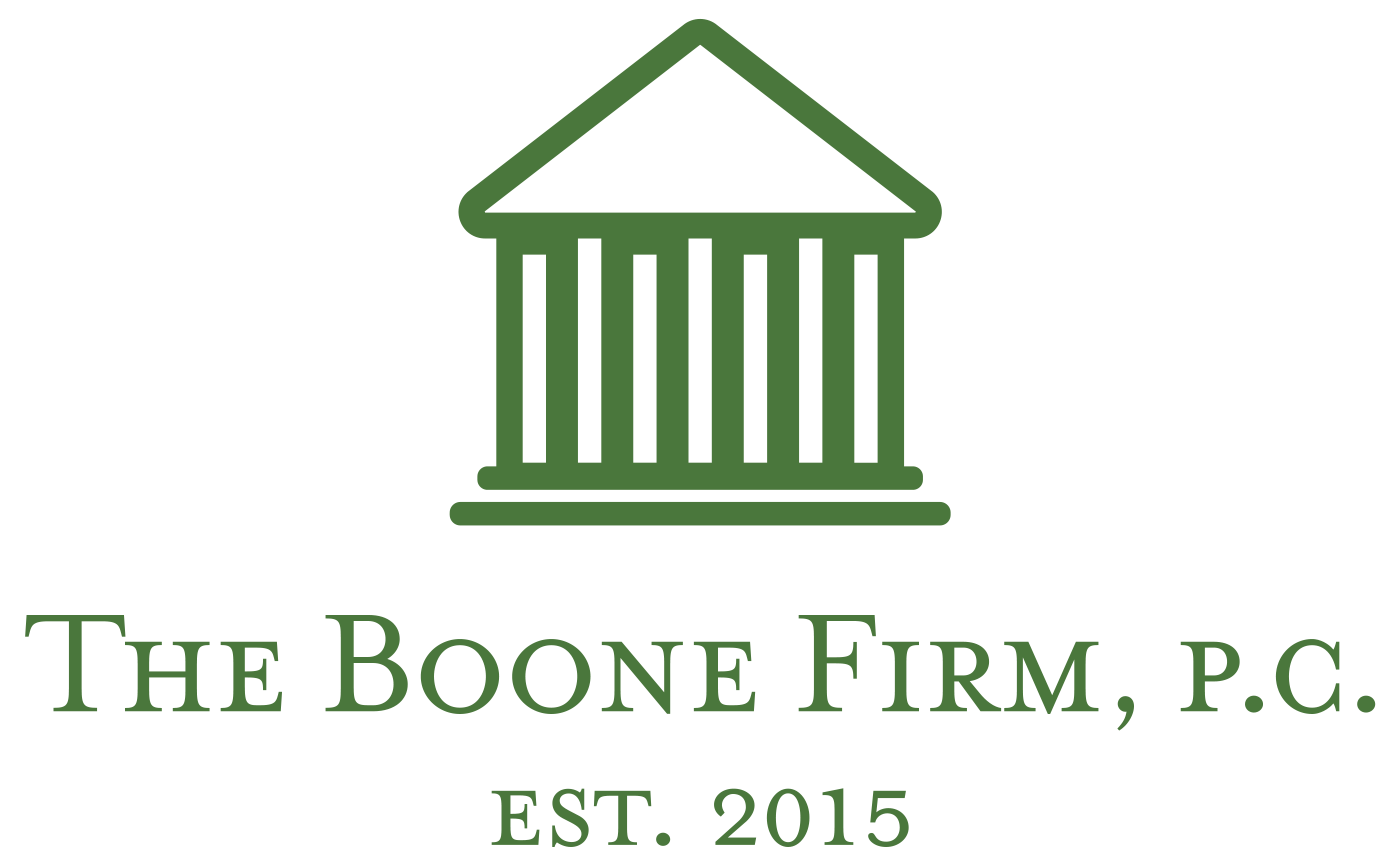Is Chapter 7 Bankruptcy Right For You?
is chapter 7 Bankruptcy right for you?
Facing overwhelming debt can be stressful, and finding a solution that allows for a fresh financial start is crucial. Chapter 7 bankruptcy is one option that may help eliminate debt and provide relief, but it’s important to understand whether it’s the right choice for your situation.
What Is Chapter 7 Bankruptcy?
Chapter 7 bankruptcy, also known as liquidation bankruptcy, helps individuals discharge most unsecured debts, such as credit card balances, medical bills, and personal loans. In some cases, non-exempt assets may be sold to repay creditors, but many people find that they can keep most or all of their property.
Signs That Chapter 7 Bankruptcy Might Be Right for You
- Overwhelming Debt – If you have significant unsecured debt and are unable to make minimum payments, Chapter 7 may offer a way to reset your financial situation.
- Collection Actions and Lawsuits – If creditors are pursuing collections, wage garnishments, or lawsuits against you, filing for bankruptcy can provide immediate relief through an automatic stay, which stops these actions.
- Low or No Disposable Income – If your income barely covers basic living expenses, leaving nothing for debt repayment, Chapter 7 could provide a solution to eliminate burdensome debt.
- No Viable Repayment Plan – Unlike Chapter 13 bankruptcy, which requires a structured repayment plan, Chapter 7 allows for the discharge of debts without long-term payment obligations.
- Threat of Foreclosure or Repossession – While Chapter 7 may not permanently stop foreclosure or repossession, it can temporarily delay these actions and provide time to explore other options.
Eligibility for Chapter 7 Bankruptcy
To qualify for Chapter 7, you must pass the means test, which evaluates your income compared to the median income in your state. If your income is too high, you may need to consider Chapter 13 bankruptcy instead.
What Debts Can Be Discharged?
Chapter 7 eliminates many types of unsecured debts, including:
- Credit card balances
- Medical bills
- Personal loans
- Utility bills
- Certain tax debts (under specific conditions)
However, some debts cannot be discharged, such as child support, alimony, most student loans, and certain tax obligations.
How Filing for Chapter 7 Can Benefit You
- Immediate relief from creditor harassment, wage garnishments, and collection efforts.
- Debt discharge, allowing for a fresh start.
- A faster process, typically completed within 3 to 6 months.
Is Chapter 7 Bankruptcy the Right Choice?
Deciding whether to file for Chapter 7 depends on your financial circumstances and long-term goals. While it can provide relief, it may also impact your credit score and ability to obtain future loans. Understanding the benefits and consequences is essential before proceeding.
If you’re unsure whether Chapter 7 bankruptcy is right for you, consulting with a bankruptcy attorney can help you evaluate your options. Contact The Boone Firm to discuss your financial situation and find the best path forward.
